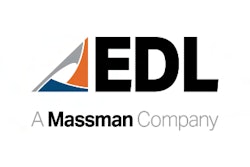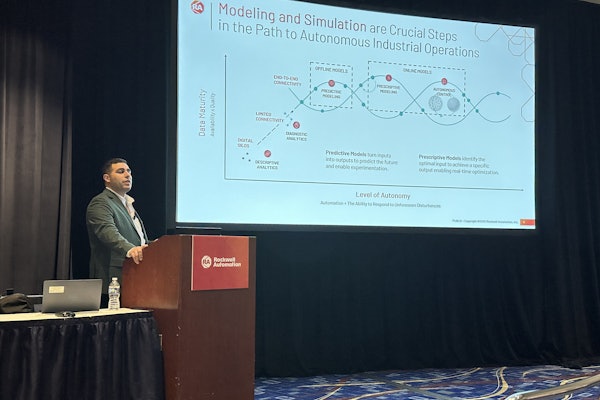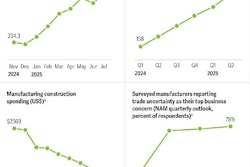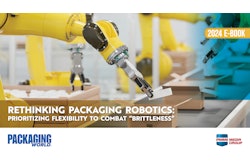
In our previous articles, we explored the historical evolution of AI in OEM manufacturing and delved into the transformative potential of Generative AI in product design. As we continue this series, we focus on AI-driven smart manufacturing. This article examines how AI enhances production efficiency, predictive maintenance, quality control, and cost reduction in OEMs, showcasing real-world applications and success stories.
The Role of AI in Smart Manufacturing
Smart manufacturing integrates advanced technologies such as AI, IoT, and robotics to create more efficient, flexible, and responsive production processes. AI is at the heart of this transformation, offering unprecedented opportunities to optimize every aspect of manufacturing operations.
- Enhancing Production Efficiency AI-driven systems can analyze vast amounts of data from production lines to identify inefficiencies and recommend optimizations. Machine learning algorithms can predict bottlenecks, streamline workflows, and ensure that resources are utilized effectively. For example, AI can optimize production schedules in real time, adjusting for variables such as machine availability, labor shifts, and material supply, leading to increased throughput and reduced downtime.
- Predictive Maintenance One of the most impactful applications of AI in manufacturing is predictive maintenance. Traditional maintenance schedules are often based on fixed intervals, leading to over-maintenance or unexpected breakdowns. AI changes this by analyzing data from sensors embedded in machinery to predict when a component will likely fail. This allows maintenance to be performed quickly, reducing downtime and maintenance costs. For instance, Siemens uses AI to predict failures in their industrial equipment, leading to significant savings and improved operational efficiency.
- Quality Control and Assurance AI-powered computer vision systems can inspect products at every stage of the manufacturing process with precision and speed that surpasses human capabilities. These systems can detect defects, ensure compliance with quality standards, and provide real-time feedback to operators. This reduces the incidence of defective products reaching customers and helps maintain consistent quality. A notable example is how Bosch employs AI to monitor thousands of signals from car components to detect and address quality issues proactively.
- Cost Reduction AI contributes to cost reduction in multiple ways. By optimizing production processes, reducing downtime through predictive maintenance, and minimizing defects, AI helps OEMs lower their operational costs. Additionally, AI can optimize supply chain logistics, from procurement to delivery, ensuring that materials and products move through the supply chain efficiently. This comprehensive optimization leads to significant cost savings and improved profit margins.



















